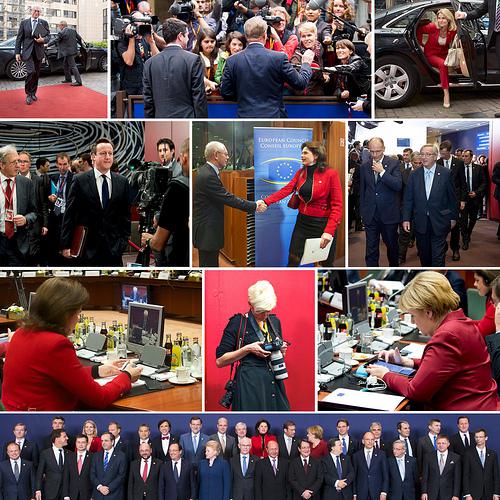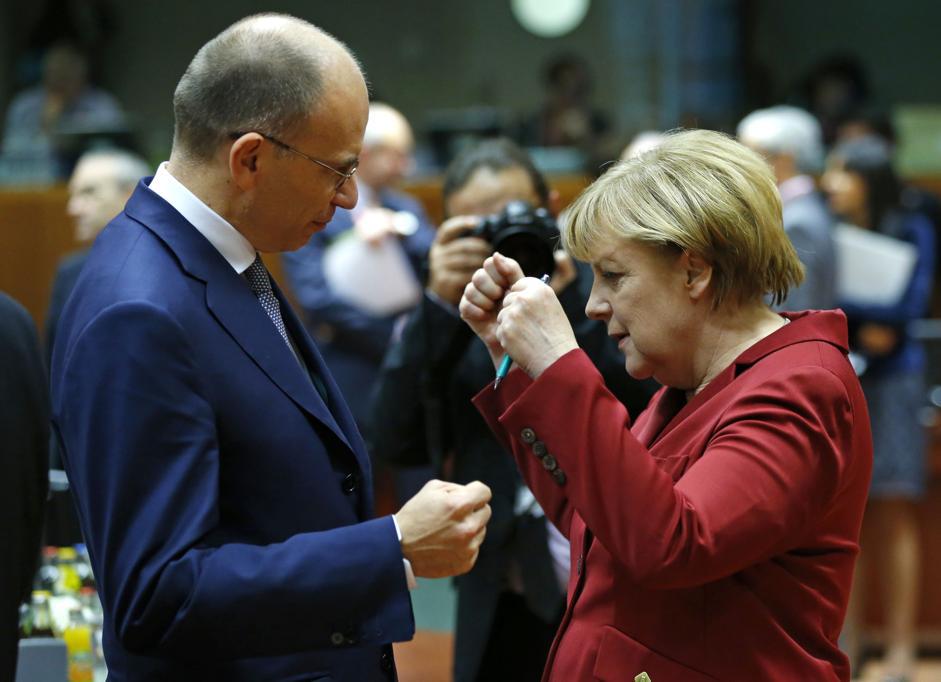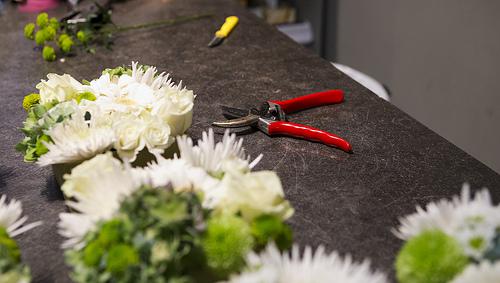When there is a European Council in Brussels, you cannot miss it. Traffic is worse than usual; normally it rains (a divine warning?); the city is full of police and motorcades. If you live near the Council building, pedestrian access is denied, so you need to make an incredible detour to go from A to B. People see it and talk about it, even if just to complain about all the nuisance.
But what about other EU countries? What can people in Member States see of this important event? What do they make of it all?
As I am a woman full of surprises you will be pleased to hear I have done a small, very unscientific piece of research. I looked at the online visual coverage of this European Council in some random European countries: I checked the websites of their main national broadsheets and of their national television. I then compared what I found with what was on offer from the institutions (in terms of photo and video material). Didn’t you have something better to do Virginia on a grey autumn day, you will ask? Maybe, but bear with me.
I will tell you why I did this: I came across, the European Council photo-stream on Flickr. For those who are not familiar with Flickr, I am talking about an application that allows you to share good quality photos online. Anyway, I started looking at the photos and I was actually quite impressed. Here you have an event that has always been incredibly visually challenging: mostly men, in suits, arriving in front of a boring looking building, shaking hands, talking to each other in boring looking rooms, giving a press conference in another boring looking room and taking a family photo in a bigger boring looking room. Plus a car arrival and a car exit. That’s it. When I was working for BBC Newsnight, covering the summits, it was always incredibly difficult to come up with an original and interesting visual treatment for the piece. But now, I know what I would do: I would use a sequence of the pictures on Flickr. It seems that, if we are talking about photos, there has been a conscious effort to increase the visual interest of the event.
You can see behind-the-scenes preparations pictures,
leaders taken from unusual angles or assembled by colour,

motorcades but from a different perspective
or simply strange and weirdly interesting pictures
No life changing photos – it’s a summit after all – but still.

Two thoughts: first, the conscious effort done for pictures, has not yet been done for videos. Unfortunately all you see on the video stream are the press briefing and conferences, arrivals and doorsteps. There is some footage of preparations but these are old stock shots. So, nothing new, slightly more original and visually attractive (despite the amazingly-looking camera in the photo above).
Second thought, to come back to the results of the research I mentioned before: the material you see on the national media has nothing to do with what the EU offers. Here too, photos are more interesting than moving images, but most of them are taken by press agency photographers.
Video material is scarcely used and I can understand why. I know what you are thinking: on these occasions, what leaders have to say is far more important than nice footage. That is why you see only press briefings and doorstep interviews. Maybe so. But I fear this is more a sign of the decreasing interest for EU Council summits by national media, certainly by television news. Take this last one for example: how much coverage did immigration, youth unemployment and the digital agenda get (ie the real agenda), compared to the NSA spying on EU leaders scandal that is, of course, a big news story but not originally connected to the EU as such? Understandable, but also intensely frustrating.
I don’t want to say that using fancy steadicams to get more inspiring shots than the smiling super tall chap in the photo above would do the trick (am I failing to recognise a famous Prime Minister here?). But it might be well worth a try.











